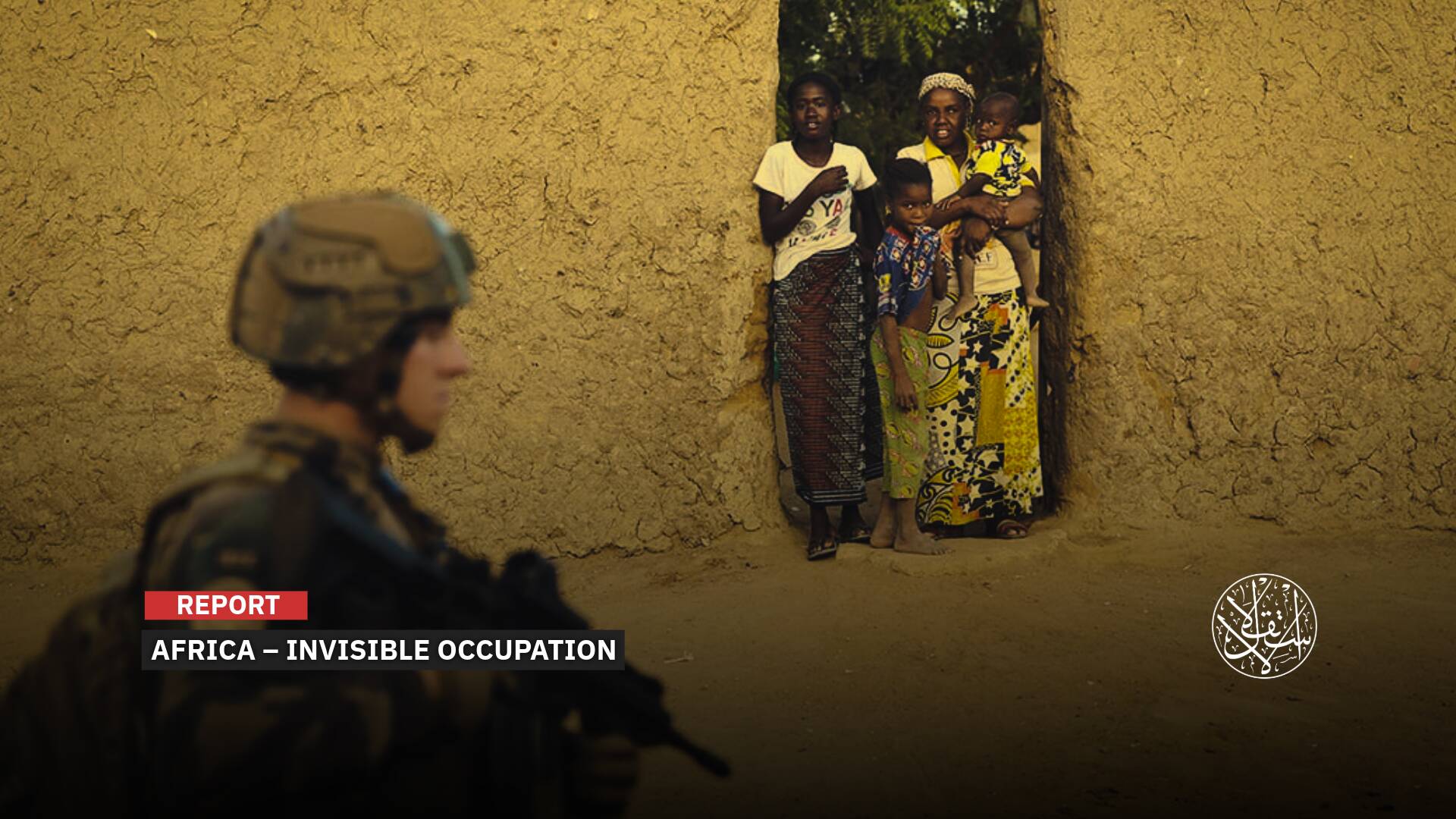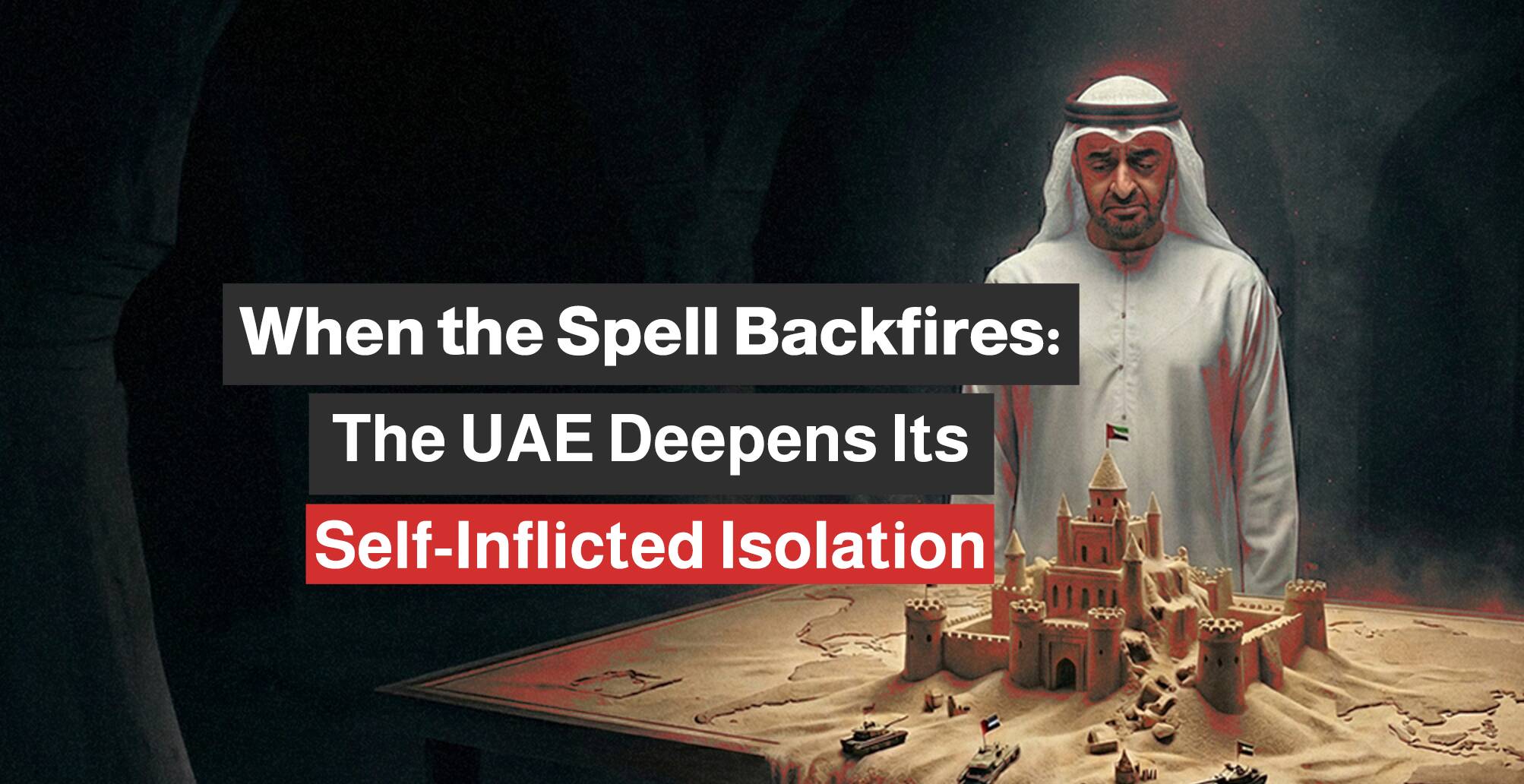Iran Attacks: Achieving Military Objectives or Revealing Weakness?

“The mountain gave birth to a mouse, and so came this calculated Iranian response to Israel.”
With the conclusion of Iran's response to "Israel," its outlines became increasingly clear, deemed by experts as a "military failure" despite its perceived calculated nature, failing to yield any significant results in the deterrence equation advocated by Tehran.
Iran unleashed over 300 missiles and drones toward "Israel" on April 13, 2024, in retaliation to an Israeli airstrike earlier that month targeting the Iranian consulate in Damascus.
Amplification of the Attack
The Israeli airstrike resulted in the death of 15 individuals, including seven Iranians from the Islamic Revolutionary Guard Corps, five Syrians, and one Lebanese affiliated with Hezbollah, in addition to two civilians.
"Israel," the United States, and Western allies including France and Britain intercepted most of the Iranian missiles.
Israeli officials estimated Iran's use of 185 drones, 36 cruise missiles, and 110 ground-to-ground missiles toward "Israel," but they caused little damage, creating only a crater on the outskirts of the Negev military base in southern "Israel."
With support from European destroyers, the United States managed to destroy more than 80 drones and at least six ballistic missiles aimed at striking "Israel" from Iran and Yemen," according to the U.S. Central Command.
Meanwhile, the Israeli army reported over 350 projectiles, claiming that 99% of them were destroyed.
U.S. President Joe Biden closely monitored the events from the White House Situation Room.
An American official stated that the United States also communicated with Iran through a series of direct communications relayed through Switzerland, which has been managing U.S. interests in Iran since the severance of relations between Tehran and Washington over 40 years ago.
Following the start of the Iranian attack with an operation dubbed "Operation True Promise," Iranian Supreme Leader Ali Khamenei declared on X, formerly Twitter, that "this evil regime will be punished."
Iranian media attempted to amplify the attack on "Israel" through statements from senior officials describing the operation as demonstrating Iran's strong will to avenge the criminals, according to Ahmad Vahidi, Minister of Interior of Iran, in a "thank you" message to the armed forces.
Even the Iranian Army's General Commander, Brigadier Abdolrahim Mousavi, stated two days after the attack on "Israel" that the astonishing defensive actions of the army and armed forces have enhanced Iran's deterrent power.
However, from a military perspective, the majority of experts viewed the Iranian attack as "showy" and did not significantly impair Israeli military capabilities.
Many questions arose as to whether Iran had achieved its goal with the attack and created a deterrent force against "Israel" or whether the attack revealed weaknesses in the Iranian regime and its military system, which has been threatening to "wipe Israel off the map" for decades.
This is especially since the Iranian attack, while ostensibly in response to the killing of Iranian Revolutionary Guard Corps leaders in Damascus, was not far from Tehran's strong demands to retaliate against "Israel" in defense of the Gaza Strip, which has been under Israeli aggression since October 7, 2023, resulting in over 33,000 Palestinian martyrs.
'Deliberate Response'
In this context, military analyst Colonel Ismail Ayoub sees that "after deliberations and clandestine communications between Iran and the West, including the Americans, through intermediaries, the mountain gave birth to a mouse, resulting in this calculated Iranian response to Israel."
Ayoub added, telling Al-Estiklal that "Iranian drones take about seven hours to reach Palestine, with the majority being intercepted by the United States, including incidents in Iraq, Syria, and eastern Jordan, while ballistic and winged missiles were also intercepted by the Israeli Iron Dome system."
He noted that "the reason for the failure of the Iranian response is that Tehran agreed with the Americans on the form and method of the response and where it would take place, thus directing all Western capabilities to counter the Iranian attack, especially as they focused on uninhabited areas."
Ayoub continued, saying, "This calculated attack was coordinated in advance, and Iran may not achieve retaliatory gains for the killing of its leaders in the Israeli airstrikes, but they may have tested their marches and missiles. However, militarily, Iran has not gained any advantage, especially as no Israeli soldier or citizen was harmed.
"On the other hand, there was a gain for Israel, the United States, France, and Britain, which is the testing of the integrated air defense system in the region, which was clearly demonstrated in interception operations. This will lead these countries to draw further conclusions to develop their systems, as well as to reconsolidate with the Hebrew state victimhood, being 'under attack,' which was evident through the condemnatory reactions to the Iranian attack," he concluded.
"The painful blow to Iran was in the killing of seven of its leaders in Damascus inside a civilian building, and Tehran was supposed to retaliate against Israeli embassies in the region."
Illusory Presentation
Many experts and observers categorized the Iranian response as weak, considering it a "domestic popular outcry" in response to the Israeli killing of senior leaders of the Revolutionary Guards in secret locations in Syria since December 2023.
Here, the leader of the new Iranian party, Hamed Shibani Rad, in an interview with Iran International channel, pointed out that Tehran announced the attack on "Israel" before the operation began, saying: "Iran sent hundreds of missiles and drones at the expense of the people, without reaping any benefit from them and it took hours for the projectiles to reach their destination. It was just an illusionary presentation."
Meanwhile, Iranian journalist Mehdi Mahdavi Azad believed that there was a "hefty financial cost behind this attack on the Iranian economy," describing it as a "strategic mistake, similar to the attack on Pakistan in December 2023, the nature and purpose of which have yet to be known."
Azad pointed out that international reports have concluded that the missile and drone attacks launched by the Revolutionary Guards on "Israel" were not successful; he also confirmed that such attacks have relieved "Israel" of its concern, which has been present for four decades regarding the issue of Iranian military power.
However, General Hossein Salami, the commander-in-chief of the Army of the Guardians of the Islamic Revolution, said that this operation led to a "new equation," meaning that "from now on, if the Zionist entity attacks Tehran's interests, assets, leaders, and citizens anywhere, it will face a retaliatory response" emanating from Iran.
The reformist daily newspaper "Ham-Mihan" also noted that "Iran's direct response to Israel ended the existing situation and broke the rules of the conflict that the two sides have been facing for decades.
"There is no longer a shadow war between the two camps, each of which can dare to directly attack the other party."

However, on the other hand, many Western newspapers focused their analyses on the "weakness" of the Iranian response and its execution in this "overt manner," lacking the "element of surprise" as one of the strategies typically employed in warfare.
The Economist stated in a report that this attack represents a military defeat, and Iran may have made a miscalculation.
It explained that the attack was carried out contrary to the usual procedure for military operations, which are supposed to be characterized by surprise and ambush. The images and videos preceded the missiles and drones, and they were observed in the skies of Iraq and Jordan and shot down before reaching Israeli airspace.
The magazine added that "Israel" must decide how to respond to Iran's actions because if Tehran feels it is not being held accountable, it may attack other countries through its territory, and this issue could change the equations in the Middle East.
Similarly, The Washington Post on April 15 noted that the Israeli Occupation's success in repelling the Iranian response could constitute a psychological turning point in the aftermath of the Gaza war, as "Israel" has felt weak and besieged since the October 7 attack, as well as experiencing international isolation, but the symbolic images changed on Saturday night, referring to the night the Iranian attack began.
The newspaper highlighted what it called the celebration of the victory by White House officials that "Israel achieved" and the safety of its infrastructure, with the help of allies against the unprecedented Iranian attack, which resembled a night of fireworks.
Sources
- Iranian crowds celebrate the attack on Israel [Arabic]
- Washington Post: An Iranian attack on Israel is one of the best available scenarios [Arabic]
- Analysts: The cost of the Iranian attack on Israel was huge and the result was “nothing.” [Arabic]
- Iranian Army Commander: The enemy will receive a “stormy response” to any aggression it commits [Arabic]









